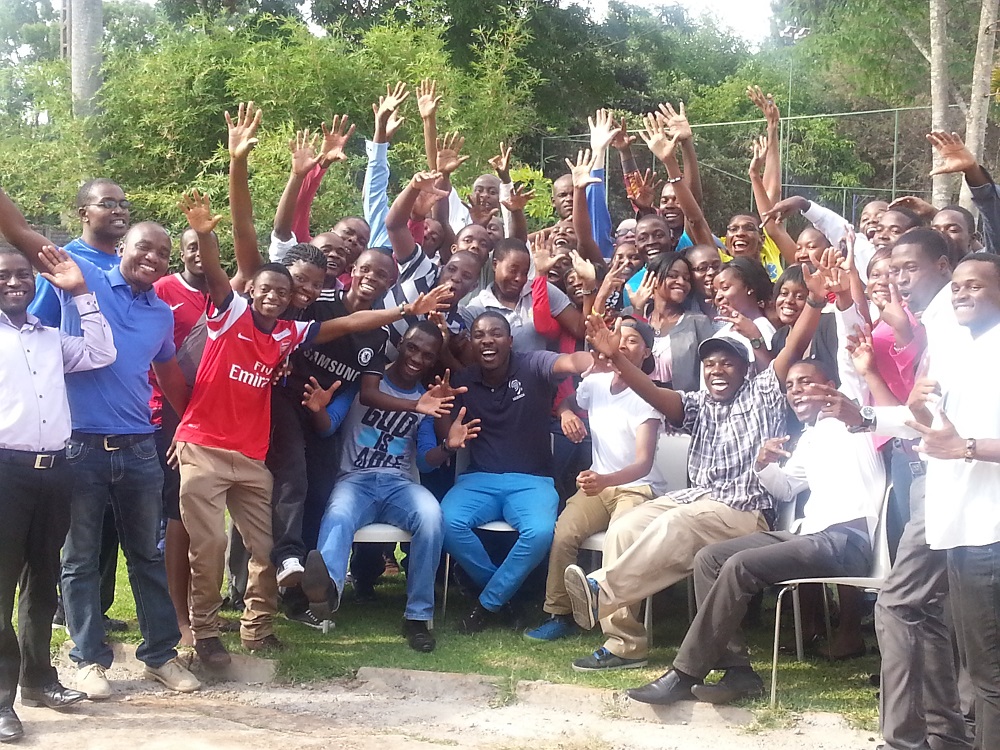Startup incubators and accelerator programmes are popping up across Africa drawing the continent’s entrepreneurs into varying programmes of mentoring, training and investment. Disrupt Africa looks at five innovative incubators in Africa “doing it differently”.
1. Muzinda
Zimbabwe’s Muzinda hub is disrupting the incubator ecosystem in Africa, by focusing on job creation as the critical deliverable, as opposed to supporting startups with “big ideas”.
Speaking to Disrupt Africa, Tendai Mashingaidze, manager of Muzinda hub said incubators in Africa fall into the trap of trying to emulate Silicon Valley models of incubation; whereas actually the focus should be on developing an incubation model tailored for Africa.
Such a model must address the reality of high unemployment levels, and focus on skills-based training and job creation, Mashingaidze argued.
2. AMPION Venture Bus
The AMPION Venture Bus toured Africa for the first time in 2014, with four regional buses bringing together entrepreneurs and asking them to collaborate to build functioning startups while on the road.
Startup HaltEbola emerged the winner of the West African leg with its app facilitating public education on ebola and other diseases; while e-Maji – a hardware solution for testing and identifying chemical water contamination – took first prize in the Southern African competition.
Carpooling marketplace JamboCar won the East African Venture Bus; and in Northern Africa TrashCash was named winner for its smart bin for used cans that offers mobile credit in return for the collector.
3. CTIC Dakar
Senegal’s CTIC Dakar incubator takes a unique approach to incubation through it’s BuntuTEKI programme aimed at those startups not yet ready for full incubation, but showing substantial entrepreneurial and conceptual promise.
Disrupt Africa reported nine startups were selected for the BuntuTEKI programme from over 40 applicants in September, with the programme to run for six months with the aim of preparing promising startups for full incubation and investment at CTIC. Participants receive weekly training, mentoring and business advice.
By the mid-way point of the programme, CTIC Dakar catalyst Yann Le Beux revealed two startups had already failed, two more were likely to fail, but that at least two strong startups are expected to emerge from the programme ready to present to investors.
4. HubSpace
Co-founder of South Africa’s HubSpace incubator, Melilizwe Gqobo, spoke out this year to urge investors to engage with township-based startups, saying townships are the “new economy”.
HubSpace is based in the Western Cape’s Khayelitsha township, and provides budding entrepreneurs with business and soft skills training, as well as office and infrastructure facilities.
While conceding that investing in township startups needs a patient approach, Gqobo said townships offer incredible untapped opportunities for impact investors.
5. 440.ng
In February, Nigerian incubator L5Lab announced it was joining forces with 88mph – an accelerator programme active in Kenya and South Africa – for the launch of a new incubator named 440.ng, focused on mobile and internet startups in Nigeria.
Nine startups were selected for the inaugural programme which began in September, with participants receiving between US$20,000 and US$110,000 in investment, followed by a 12-week accelerator to assist with product development, revenue generation and customer acquisition.
The startups pitched to investors at the accelerator’s Demo Day in December; while 440.ng co-founder Kresten Buch told Disrupt Africa seven of the startups are already revenue making, with one making in excess of US$60,000 per month.



1 Comment
Fabulous, what a weblog it is! This webpage provides helpful data to us, keep it
up.